Antidiuretic hormone (vasoconstriction, water reabsorption & sweat inhibition)
By: HWC
Date Uploaded: 11/19/2019
Tags: homeworkclinic.com Homework Clinic HWC Antidiuretic hormone vasoconstriction Neurosecretoxy cells antidiuretic hormone vasoconstrict water reabsorption aquaporins osmotic pressure sweat inhibition
• Dehydration, blood loss, and low amounts of water in the blood can cause blood volume and pressure to decrease. • Neurosecretoxy cells in the posterior pituitary release antidiuretic hormone(ADH). • ADH binds to smooth muscle cells in blood vessel walls, stimulating them to vasoconstrict. • Blood pressure increases to normal levels. • ADH binds to the principal cells forming the walls of nephron tubules in the kidney. • ADH stimulates the synthesis of water pores (aquaporins), which increases the permeability of the tubules to water. • Increased permeability increases reabsorption of water and reduces water loss, leading to increased blood volume. • Retention of water increases blood pressure and blood osmotic pressure to normal. • ADH binds to the sweat glands, inhibiting sweating. • More water is retained by the body, which increases blood volume pressure. • Retention of water increases blood pressure and blood osmotic pressure to normal. • Increased release of ADH causes: • Water reabsorption in the nephron tubules of the kidneys. • Vasoconstriction of smooth muscle in arterioles. • inhibition of sweat gland secretion. • The total result of these actions is an increase in blood volume and pressure.
Add To
You must login to add videos to your playlists.
Advertisement



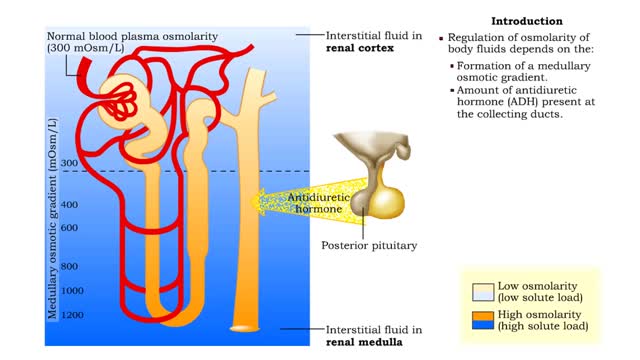
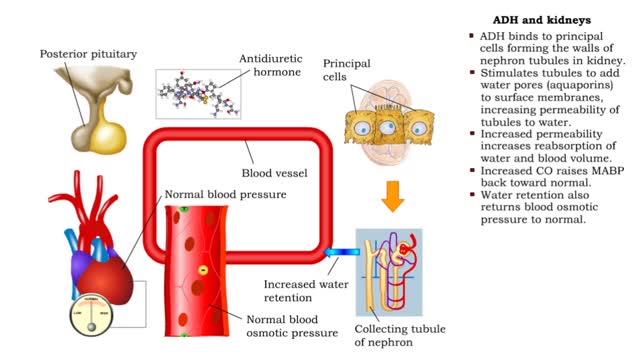
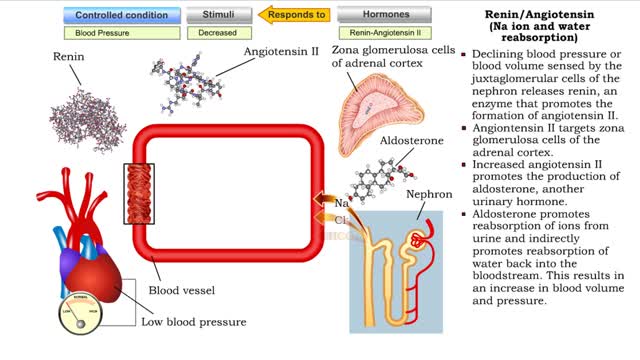
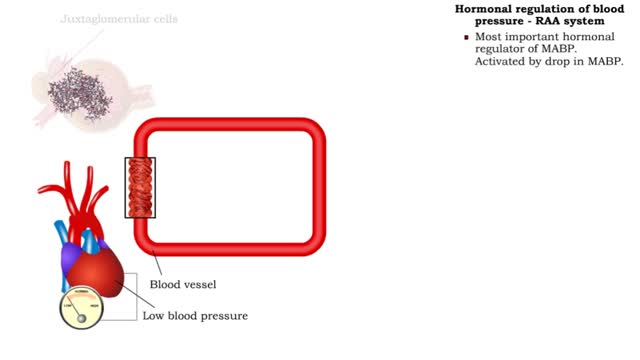
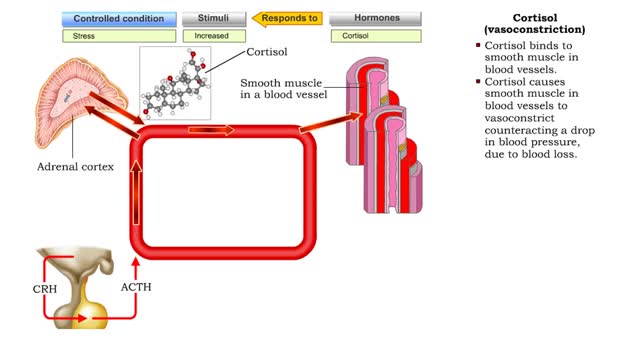
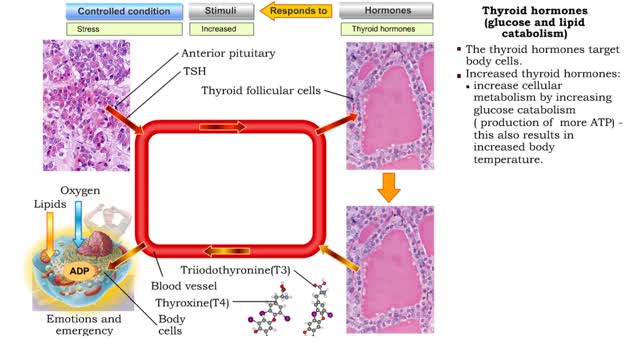
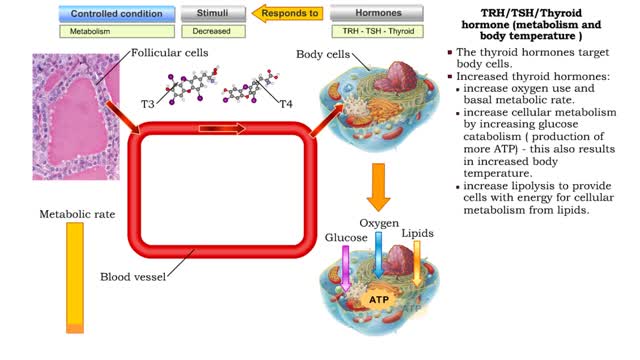
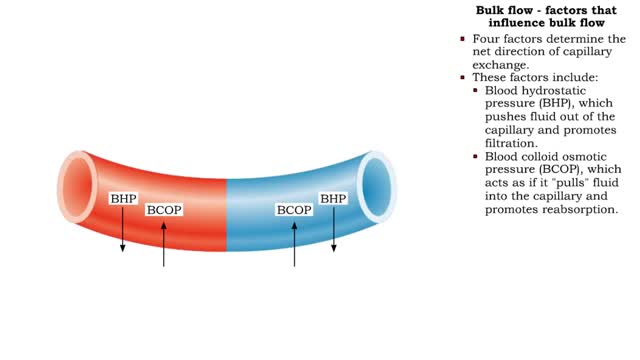
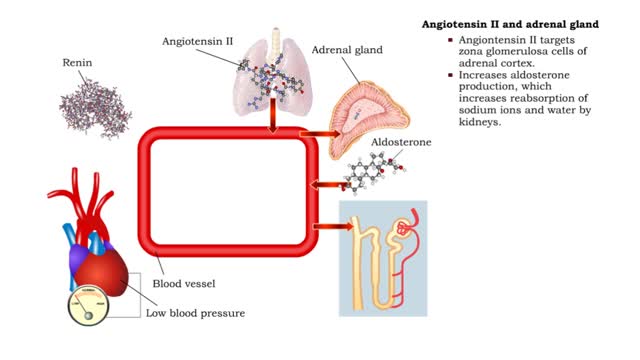
Comments
0 Comments total
Sign In to post comments.
No comments have been posted for this video yet.